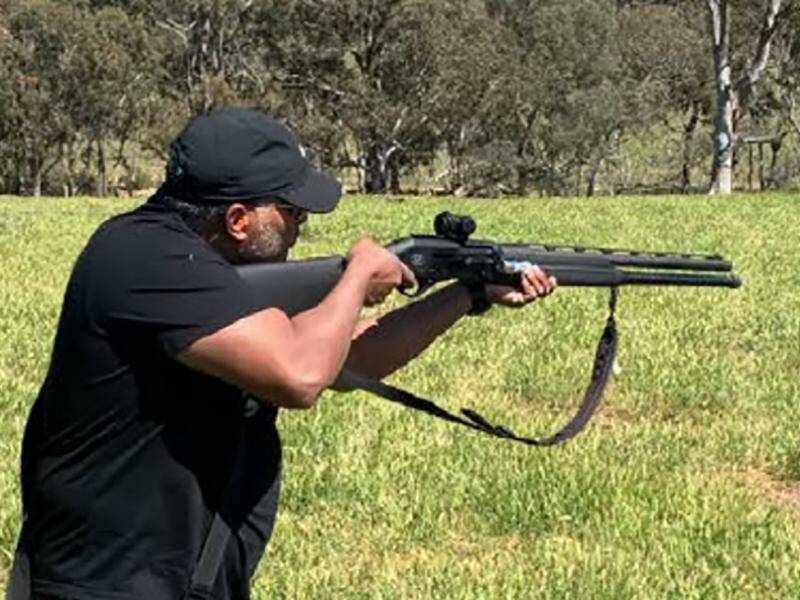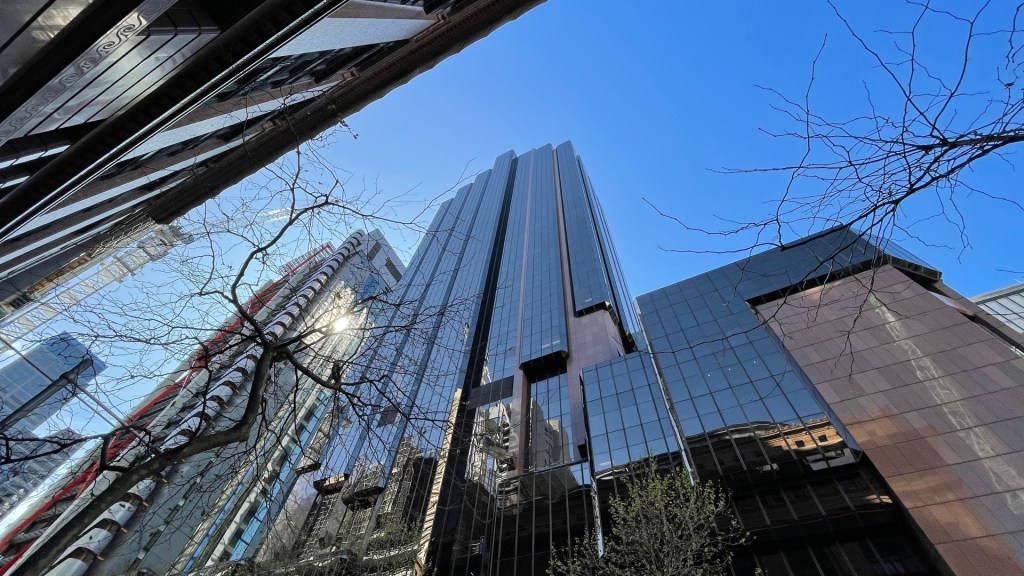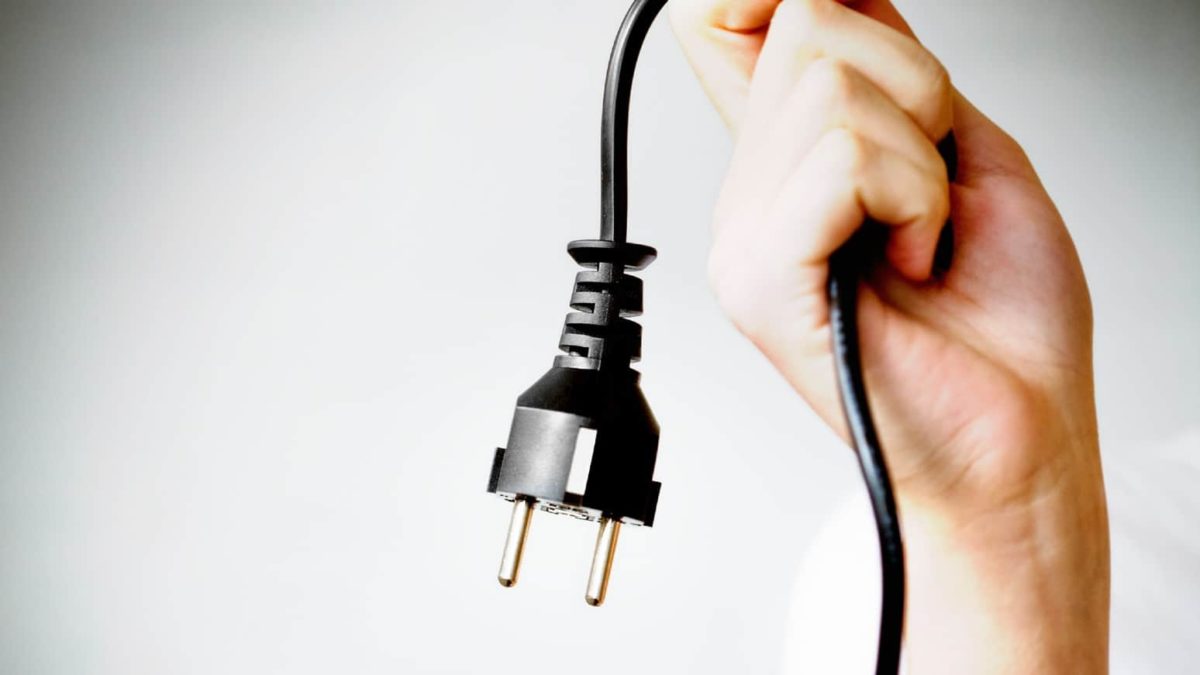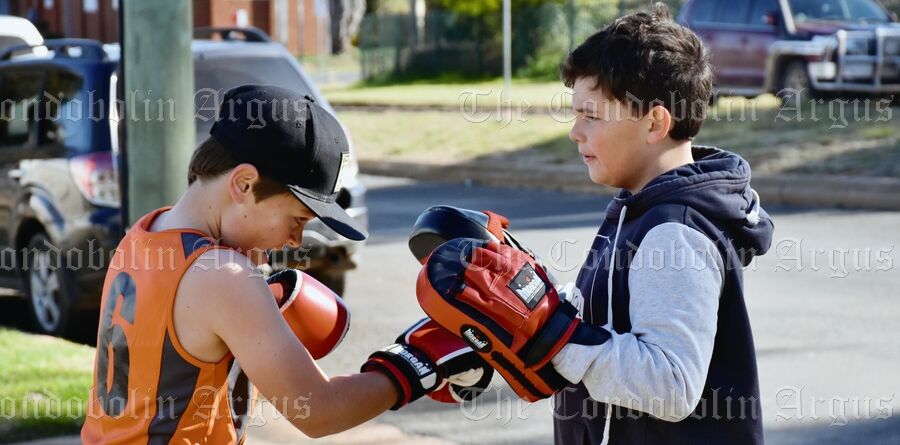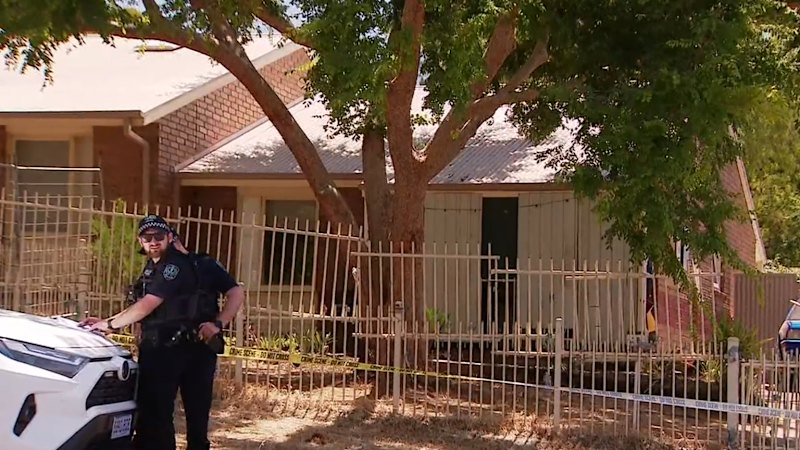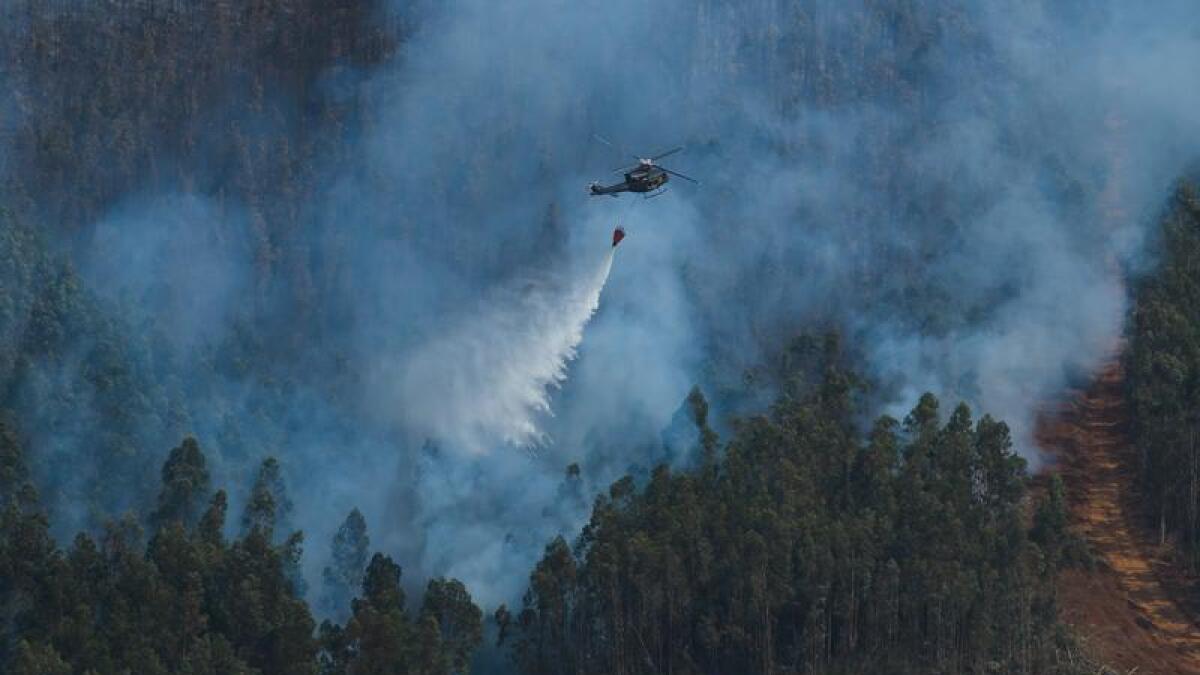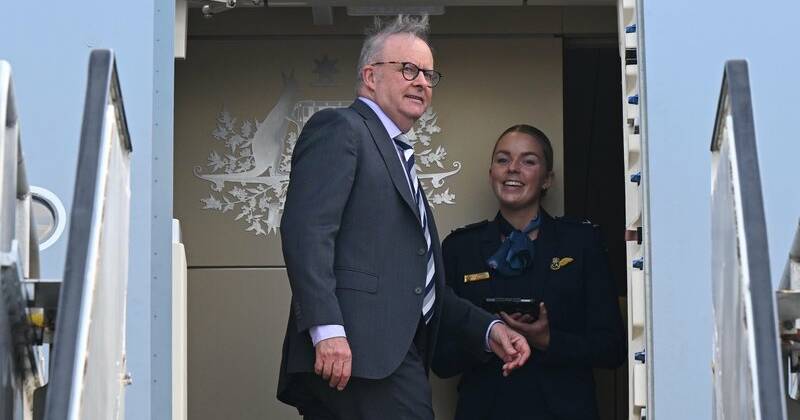
UPDATE: Australian Prime Minister Anthony Albanese is set to meet with US President Donald Trump on Tuesday morning (AEDT) for critical discussions that could reshape the bilateral relationship between the two nations. The prime minister departed from Brisbane on Sunday and is headed for the White House, where the fate of the AUKUS defense agreement and existing tariffs will be at the forefront of talks.
The stakes are high as both leaders prepare to address pressing economic issues. Albanese aims to leverage discussions about a critical minerals deal to negotiate lower tariffs on Australian exports, a move that could greatly benefit the resource-rich nation. He expressed optimism ahead of the meeting, stating, “Australia and the United States have stood shoulder-to-shoulder in every major conflict for over a century.”
With tensions surrounding trade policies, Albanese faces the challenge of navigating Trump’s unpredictable nature, a concern highlighted by political experts. John Hart, an academic from the Australian National University, noted that previous encounters between Trump and world leaders have not always gone smoothly. “Trump’s behaviour is entirely unpredictable,” Hart stated, emphasizing the need for Albanese to maintain a steady approach.
Both leaders are expected to discuss the implications of the AUKUS pact, which aims to strengthen defense cooperation between Australia, the UK, and the US. The future of this agreement is crucial, especially as geopolitical tensions rise in the Indo-Pacific region.
Minister for Education Jason Clare defended the importance of the US-Australia relationship, dismissing concerns about a potentially tense meeting. “I think most Australians understand the importance of the relationship between America and Australia,” Clare told Sky News. He highlighted the shared values that will guide the conversation between the two leaders, despite differing opinions on various policies.
Albanese will be joined by Resources Minister Madeleine King and Industry and Innovation Minister Tim Ayres during parts of the trip. They aim to bolster Australia’s position in the critical minerals market, which is increasingly vital for modern technologies and renewable energy.
However, experts like Hart caution that while securing lower tariffs is a priority, the US is unlikely to treat Australia differently from its other trading partners. “Australia has got to live with the steel and aluminium tariffs,” he warned, indicating the complexities of international trade negotiations.
Opposition trade spokesman Kevin Hogan emphasized that a successful critical minerals deal would be a significant outcome from the talks. “We have the whole periodic table here in Australia,” Hogan stated, stressing the need to develop this industry as a leverage point in negotiations.
As the meeting approaches, all eyes will be on how Albanese navigates these critical discussions with Trump. The outcome could redefine the future of the US-Australia alliance and impact global trade dynamics in the months to come.
Stay tuned for live updates as this story develops.
